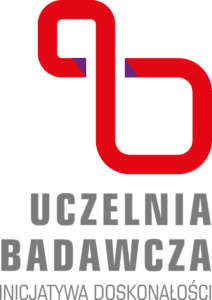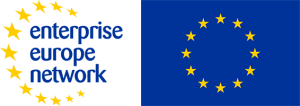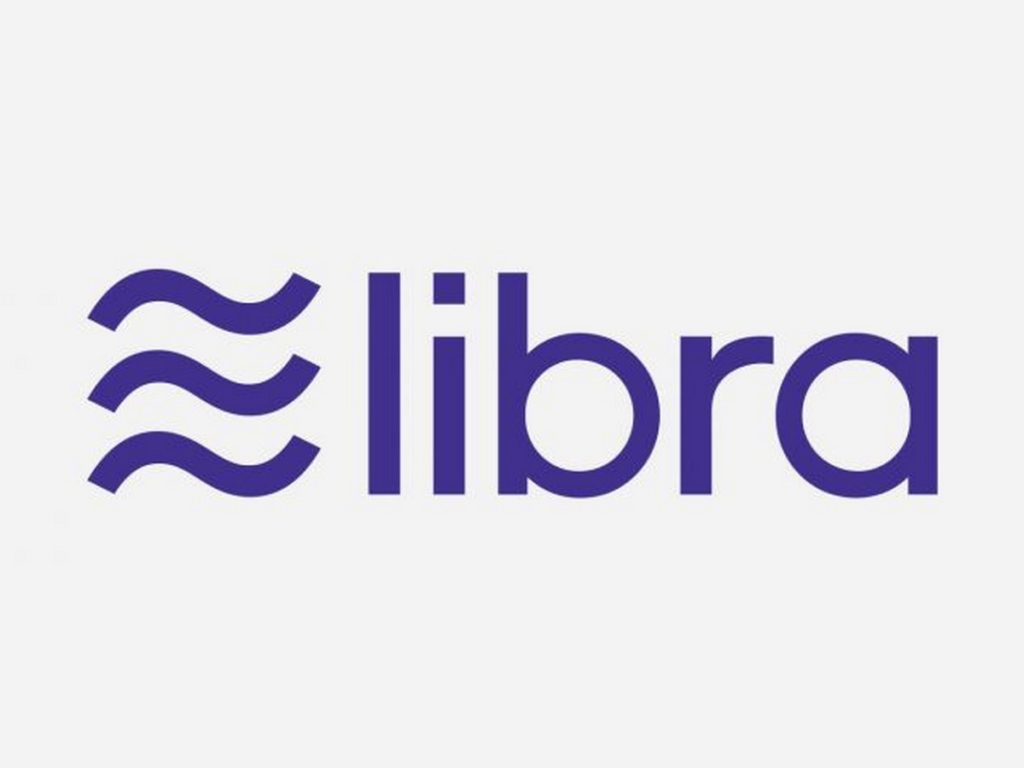A month ago I’ve published some quick remarks about just-announced Facebook cryptocurrency, Libra. Since then many experts took a closer look at various aspects of Libra’s project, and we’ve just had the opportunity to listen to the congressional testimonies of Facebook’s David Marcus. It is a good moment to take another, more informed look at what Libra could become.
Łukasz Jonak, Analityk DELab UW

-
Governance and (de)centralization
Facebook keeps asserting that Libra will not be its proprietary, centralize currency, that it will be managed by diverse members of Libra Association, via democratic voting process. Calibra Wallet (developed by Facebook’s subsidiary, Calibra) is supposed to be only one of expected many competing solutions that will allow users to manage their Libra assets. However it looks clear for everyone that it is Facebook that is spearheading the initiative. It leads the development of the infrastructure and controls a leverage of over 2 billion of existing users, potential Libra Association’s clients.
I don’t think that those members of Libra Association who are service providers (Uber, Spotify, etc. ) would be even interested in developing their own wallets. Their interest lies in accessing new users and streamlining the payment process, and they would be probably ok with both those goals being realized via Calibra Wallet. It is not entirely clear to me what is Libra’s the value proposition for traditional payment processing companies (Visa, Paypal, etc.) other than them trying to control as much as possible the industry’s transition to the new financial paradigm – probably they will try to push their own versions of Libra Wallets and other tools.
In Ethereum community some interesting ideas emerged, formulated only half-jokingly: how about creating a decentralized autonomous organization (DAOs are main use cases of Ethereum blockchain), that would rise the amount of capital needed to become part of Libra Association, and consequently be able to represent the interests of DAO’s and wider blockchain community withing the Association. Somehow I don’t thing this type of application would pass Libra Association’s vetting process.
Opensourcing of Libra’s code base is supposed to be a testimony to its decentralized character. However, the project doesn’t look anything like other opensource (blockchain) projects. So far there are no competing development teams, and certainly no way of forking away a version of Libra if a part of its community decides it has a radically different vision of its future.
-
(Crypto) currency
During the interview about Facebook’s blockchain in TOK.fm radio I hesitated when asked about Libra’s financial model . I had just read freshly released whitepaper and was not sure if I understood correctly that the Libra cryptocurrency would have little or nothing to do with the functioning of the blockchain itself. But this is actually the correct interpretation. In most blockchains, cryptocurrency (Bitcoin, Ether) is an integral, central part of system’s economic model assuring its integrity and security. It is used primarily to incentivize individuals (miners or validators, depending on the consensus model) to work towards keeping the system secured. Its value is tied to the integrity of blockchain – if system fails, the value of cryptocurrency goes to zero.
In case of Libra the currency and consensus mechanisms are decoupled. Libra is essentially a private, permissioned distributed ledger (at least in its first years), deriving trustworthiness from the trust users vest in Libra Association members that run the systems, which very likely boils down to Facebook. The stability the Libra currency on the other hand comes from it being backed by a basket of traditional currencies, your dollars, euros, yens and pounds.
-
Privacy
Clearly, hardly anybody trusts Facebook to respect the privacy of Libra user’s financial data. It is not a matter of technology or governance model, but simply the terrible track record of abusing users» privacy rights. It is not going to matter much though, at least on the individual level. If Libra will offer any kind of usability, it will be used, no matter the privacy argument; we are just not wired for perceiving privacy violation as a serious threat.
-
Politics and power
Congressional Libra hearings give an interesting insight into how new Facebook initiative fits into the global game of influence and power. I started my first post on Libra by suggesting that FB is on track of doing to cryptocurrencies and blockchain technologies what it did to Web 2.0 in the past: to completely dominate and remodel the paradigm to its benefit. During one of the hearings senator Warner called this method ’embrace, extend, extinguish», using the name of an old Microsoft strategy. Only in this case it seems that US senators are concerned not primarily by the prospects of Facebook capturing the field of crypto innovation, but undermining the banking system and the power of dollar itself. Apparently, the potential 2 billion user base makes this prospect quite tangible. And if American administration is concerned, the officials in other countries should be concerned even more, especially in those places where inflation would make supposedly stable Libra currency instantly more attractive to citizens.
On the other hand quite a number of questions probed whether Libra infrastructure and currency could be still utilized by US to impose sanctions on «rogue states», Facebook being American company. It will be interesting to see how this aspect will develop, given the supposed Libra’s decentralized governance model. Certainly, weponization of global corporate infrastructures in trade and technological conflict is a possibility, as shown by Google’s withdrawal of Android support for Huawei devices. Facebook’s Libra will be potentially integrated in the economies and the lives of citizens even more closely and so the potential for using it for exerting influence will be much bigger.
One of the results of the last month of «Libra campaign is the increase awareness of the potential and tangibility of blockchain and crypto technologies. The race to define the shape of the new economic and social paradigm continues and with the involvement of various actors, especially regulatory bodies, it is not yet decided that Facebook and its Libra (who cannot afford to act «under the radar») is winning.
Autor projektu: Łukasz Jonak
Projekt finansowany ze środków programu „Dialog” MNiSW




